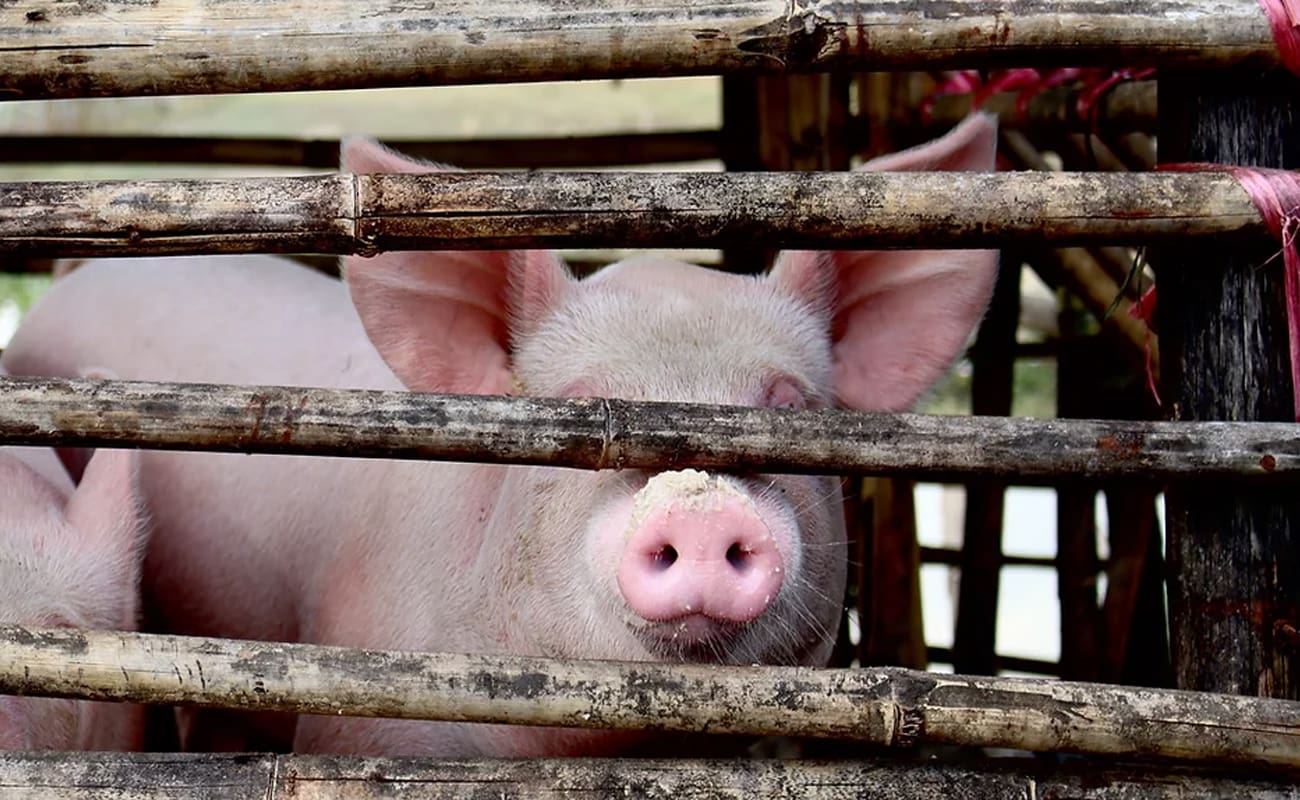This category delves into the complex moral questions surrounding our interactions with animals and the ethical responsibilities humans bear. It explores the philosophical foundations that challenge conventional practices such as factory farming, animal testing, and the use of animals in entertainment and research. By examining concepts like animal rights, justice, and moral agency, this section urges a reevaluation of the systems and cultural norms that allow exploitation to persist.
Ethical considerations go beyond philosophical debates—they shape the tangible choices we make every day, from the foods we consume to the products we buy and the policies we support. This section sheds light on the ongoing conflict between economic gain, entrenched cultural traditions, and a growing ethical awareness that calls for the humane treatment of animals. It challenges readers to recognize how their daily decisions contribute to or help dismantle systems of exploitation and to consider the broader consequences of their lifestyle on animal welfare.
By encouraging deep reflection, this category inspires individuals to adopt mindful ethical practices and actively support meaningful change in society. It highlights the importance of acknowledging animals as sentient beings with inherent worth, which is fundamental to creating a fairer and more compassionate world—one where respect for all living creatures is the guiding principle behind our decisions and actions.
Our relationship with animals is marked by profound contradictions, shaped by cultural norms, ethical considerations, and emotional connections. From beloved pets offering companionship to livestock raised for food or creatures used in entertainment, the way we perceive and treat animals reveals a complex interplay of reverence and exploitation. These conflicting perceptions challenge us to confront the moral dilemmas surrounding animal welfare, sustainability, and speciesism—prompting critical reflection on how our choices impact both individual lives and the planet as a whole


























































